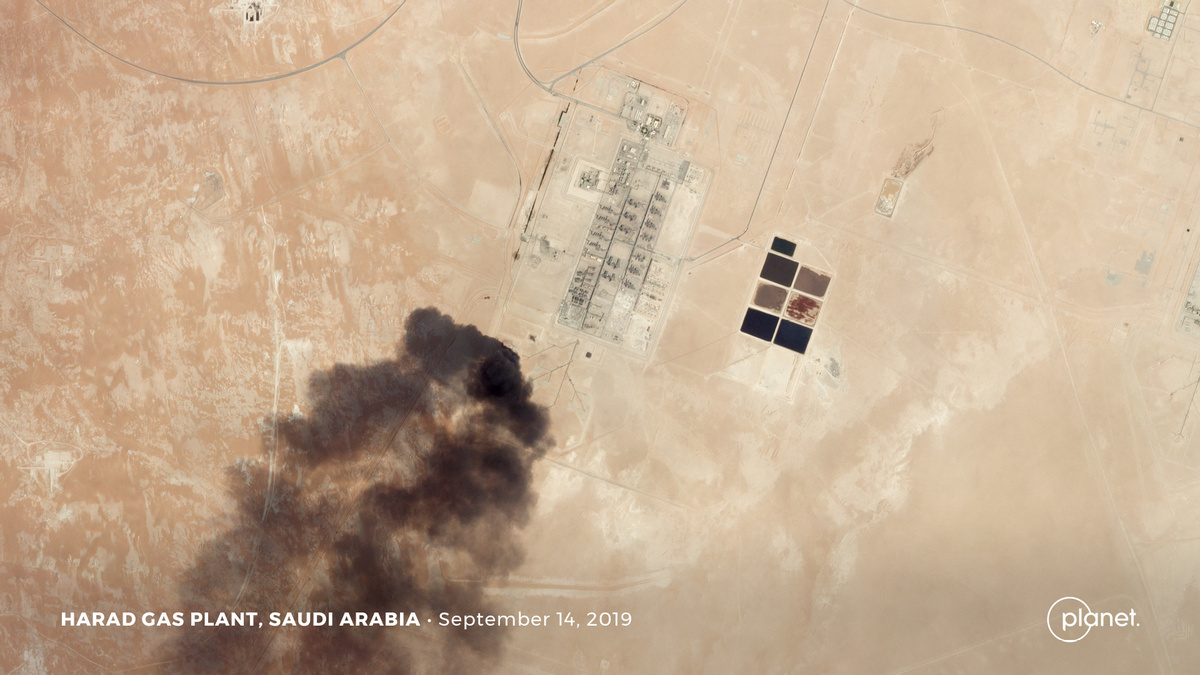US and Iran should be guided by reason: China Daily editorial
China Daily | Updated: 2019-09-20 00:34

Continuing to blame Iran for Saturday's attacks on two Saudi Arabian oil facilities, Washington is mulling imposing fresh sanctions on Teheran. But without foolproof evidence to support its action, the United States would put the cart before the horse if it announced new sanctions against Iran.
That the news of the US considering such a move can increase the already high tensions in the Middle East is evident in Iranian Foreign Minister Javad Zarif raising the specter of an "all-out war", and stressing that if the US or Saudi Arabia attacked Iran, it would have to fight to its last soldier.
True, the attacks on the major Saudi facilities have shrunk the country's oil production almost by half and hiked global oil prices, sparking grave concerns over global oil supply. But the developments should prompt the US to more seriously consider the possible spillover effects of another punitive action against Iran on the regional situation and the world economy.
Ignoring any such rational thinking, however, US Secretary of State Mike Pompeo called the attacks an "act of war" against Saudi Arabia after Riyadh displayed missile and drone wreckage on Wednesday and other evidence claiming the raids were "unquestionably sponsored by Iran".
Unfortunately, Pompeo's remark raises the fear of the US using military measures against Iran. Given Iran's pivotal location, that would affect global oil supply, not to mention there is no guarantee the US' move will not ignite, unwittingly or otherwise, the powder keg that the region has become.
Judging by US President Donald Trump's remarks, it seems he understands the grave risk Washington would be taking by triggering another war in the Middle East.
To be fair to Iran, it is not responsible for the current situation. The main cause of the tensions is the US' withdrawal from the Iran nuclear deal despite the International Atomic Energy Agency saying Teheran had fully complied with the multilateral deal.
Yet, amid rising tensions, both parties seem to have left some room for reconciliation. While the White House has not ruled out a meeting with Iran's top leader, Zarif said Iran hoped to avoid conflict, adding that Teheran was willing to hold talks with Riyadh, and the possibility of a return to negotiations with the US depends on whether Washington would provide full sanctions relief as promised under the 2015 nuclear deal.
In the long run, therefore, keeping the Iranian nuclear deal alive, and ensuring it is implemented both in letter and spirit, is the only viable way of resolving the US-Iran conflict and defusing the tensions in the Middle East.
























